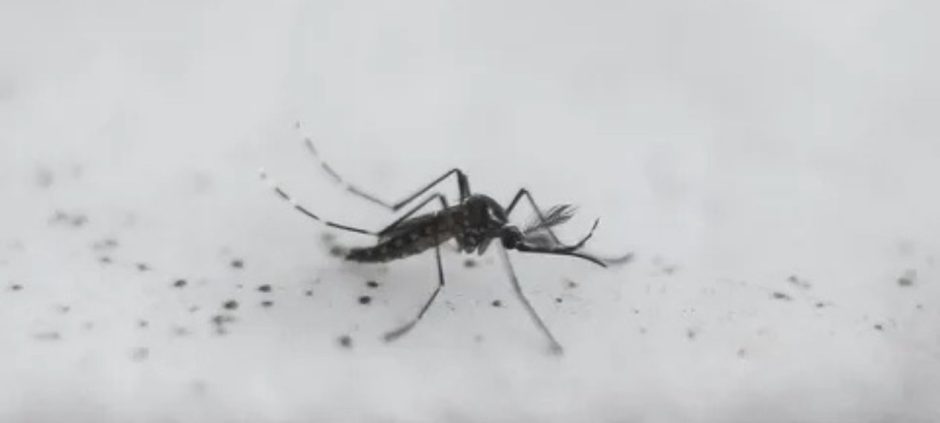Mosquitoes have been found in Iceland for the first time, signaling a surprising effect of rising global temperatures. Scientists explain that warmer summers have created conditions suitable for these insects, which were previously unable to survive in the island’s icy environment. The discovery was made during a survey of Iceland’s insect populations, revealing mosquitoes establishing temporary breeding grounds in several warmer regions.
The appearance of mosquitoes in Iceland is more than just an unusual sight; it reflects broader ecological changes. Experts warn that these insects could alter the balance of local wildlife, affecting native species and potentially introducing new health concerns. This isn’t the only sign of climate change impacting Iceland. Recently, a rare polar bear was discovered on Icelandic shores, forcing authorities to take drastic measures, highlighting how warming temperatures are influencing wildlife movements in the region.
While the initial number of mosquitoes is small, scientists predict that their population could grow if warm summers continue, and they are closely monitoring the situation. Their presence underscores how climate change is pushing species into areas once considered inhospitable. For locals and visitors, the insects may be an unexpected nuisance, but for researchers, they are a critical indicator of environmental shifts in the Arctic.
The first sightings of mosquitoes in Iceland are a stark reminder of the global impact of rising temperatures. From altered ecosystems to unexpected wildlife encounters, the island is experiencing changes that were once unimaginable. Iceland, known for its icy landscapes and minimal insect life, is now facing a new chapter in its ecological story, one that includes the tiny but resilient mosquito. The discovery emphasizes the urgency of studying climate trends and preparing for the ways warming temperatures are reshaping even the most remote regions of the planet.











